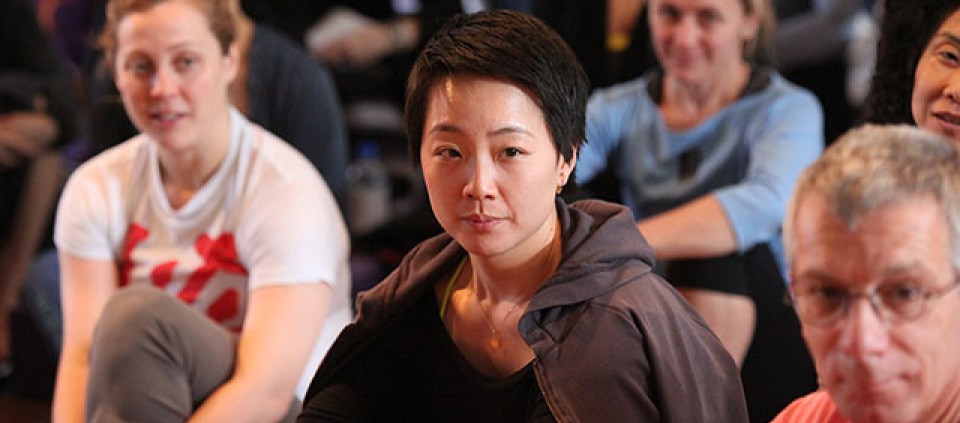Are You Happier Than Your Friends?

Though there are, of course, exceptions, research (and Hollywood) have shown that we tend to surround ourselves with people with whom our financial standing is comparable. There are some simple reasons for this, including the logistical fact that as adults, many of our friends are work colleagues or neighbors. On an emotional level, surrounding ourselves with those who do about as well as we do reduces the probability of experiencing envy and jealousy.
A recent study published in the journal Science, however, questions the notion that being the least advantaged people we know leads to dissatisfaction. For more than 20 years, a research collaborative that included economists and sociologists from the University of Chicago and Harvard tracked 5,000 families in five major American cities—including New York, Chicago, and Boston—that had moved out of poor neighborhoods to more affluent ones. The researchers’ hope was that living in the more well-off areas would lead to better jobs and higher incomes for the families. Though that didn’t happen, researchers did find that these families reported being much happier than those who had stayed within their original community—even when they didn't make more money themselves.
The takeaway: “Hope is a tremendously powerful factor in happiness,” says Kripalu faculty member Maria Sirois, PsyD. Money, on the other hand, is not. “Research has shown that once a family earns about $40,000 a year—enough for food, clothing, shelter, and a little extra—happiness stays the same,” she says. “But once we get wealthier we often become obsessed with money. We need even more.”
That’s not to say some families wouldn’t be terribly jealous for the opportunities they see happening for others, and it’s natural to feel a pinch when a friend reports great success. We wonder: Could we have worked harder? Could we have had more luck? But it’s important to remember, says Maria, that there are people who have nothing and are full of life and energy. “And there are people who have more who are miserable,” she says. “What matters is how rich you are inside.”
Some tips from Maria for avoiding friend envy—or using it to your advantage:
Become aware. Identify the existence, and the root cause, of your envy. Do you find yourself looking around and wishing you had what someone else has? Are you comparing your own success—whether in terms of personal achievements or professional ones—to that of others? Recognizing your tendency to judge yourself based on others is the first step in eliminating negative feelings.
Be mindful. Makea list of what you are grateful for, either aboutyour life or yourself. Gratitude is the antidote to envy.
Realize that money doesn’t lead to happiness, but rather the other way around. Research shows that happier people are more successful both at work and at home. They score better in performance reviews, peer evaluations and salary, and the ability to land jobs.They also do better in terms of relationships, marriage, and friendships. The feeling that life is rich and full has very little to do with money.
Ask yourself if you’re being your best self. In the United States, we believe that if you work hard, you will have success. There’s an extent to which that is true; for instance, we know that to master something we need 10,000 hours of practice. But it isn’t a black-and-white formula. Working hard and practicing will create higher levels of skill and better chances of success—and success is also attained through positive practices such as optimism and goal-setting. Instead of wasting energy comparing yourself to someone else, put that energy into making sure you’re being the best you that you can be.
© Kripalu Center for Yoga & Health. All rights reserved. To request permission to reprint, please e-mail editor@kripalu.org.